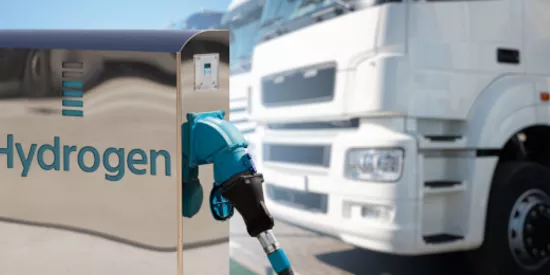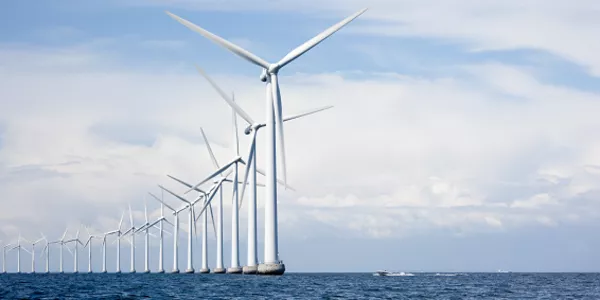
Universities are taking big steps toward reducing their carbon emissions
A recent 50-year deal between Georgetown University and the global energy company ENGIE is designed to reduce the University’s energy use by at least 35 percent within the next ten years.
A recent 50-year deal between Georgetown University and the global energy company ENGIE is designed to reduce the University’s energy use by at least 35 percent within the next ten years.
The agreement – which hands over management of Georgetown’s utility system to ENGIE – will leverage ENGIE’s expertise to enhance the operation and maintenance of the electrical, heating and cooling, and domestic water systems, making the system significantly more efficient
As universities around the United States look for ways to become more sustainable, reduce their carbon emissions, and save money that could be better spent on academics, the sub-management of schools’ utility infrastructure is gaining steam, fast.
Societe Generale, which among other roles acted as Financial Advisor, Private Placement Agent, Ratings Advisor and Mandated Lead Arranger on the Georgetown deal, also recently worked on a similar transaction where SG provided debt financing to a University of Iowa deal sponsored by ENGIE.
Max Battisti, who heads the US infrastructure finance team at Societe Generale in New York, said that these types of deals have a lot going for them because they make so much sense, financially and environmentally.
There are lots of good reasons why universities would want to turn over the management of these complex systems to the world’s best energy experts. It’s a clear win-win kind of a deal.
Georgetown, with its main campus located in the historic Georgetown neighborhood of Washington DC and covering more than 100 acres, houses approximately 60 main buildings and has 19,000 students and 6,200 employees, including 2,200 faculty. Like many colleges, Georgetown functions much like a small city, having to devote considerable labor and financial resources to maintain its power and water needs.
Having ENGIE manage its utility system – while retaining control over decisions related to capital improvements – positions Georgetown to reach its ambitious sustainability goals and reduce greenhouse gas emission while improving energy efficiency. It will also – and this is no small matter during DC’s often sweltering summers and cold winters – improve the regulation of comfortable temperatures inside its classrooms for students and professors.
Moreover, with this deal Georgetown University notably accelerates its progress toward aligning with the UN Sustainable Development Goals, by integrating sustainability across its functional areas.
Both the Georgetown University and University of Iowa deals with ENGIE have become models for how universities and other complex organizations can strengthen their sustainability efforts.
Societe Generale’s Max Battisti knows that it’s a model that will gain popularity. “All the participants in the university agreements are sincerely committed to transitioning to a carbon-neutral world, through reduced energy consumption and more environmentally friendly solutions,” he said. “These energy solutions put in place in Iowa and DC, with many more to come, move us all toward a more desirable end.”
Societe Generale supports its clients in the infrastructure energy sector around the world in their own energy transition and works with all other sectors to promote low-carbon strategies.




